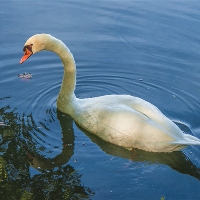The special post plan will be canceled in 2020. In 2006, the Ministry of Education, the Ministry of Finance, the former Ministry of Personnel, and the Central Organization issued the Notice on the Implementation of the Special Post Plan for School Teachers at the Rural Compulsory Education Stage, jointly launched the "Special Post Plan", and openly recruited college graduates to teach at the rural compulsory education stage in the "two basic" counties. The employment period of special post teachers is 3 years. In principle, it shall be arranged in rural junior high schools below the county level, with proper consideration given to township central schools.
Recruitment target:
1. Full time undergraduate and junior college graduates of normal education majors in ordinary colleges and universities;
2. Graduates from full-time colleges and universities with qualifications for teachers who are not teachers' majors;
3. Former undergraduate graduates of full-time colleges and universities who have obtained the qualification of a teacher, have some practical experience in education and teaching, are under 30 years old (born after July 1, 1978), and have terminated their labor (employment) contracts with their former employers or are not employed.
Basic conditions:
1. He has good political quality, loves the socialist motherland, supports the Party's principles and policies, loves education, has a strong sense of dedication and responsibility, and is upright in conduct.
Abide by disciplines and laws, perform well in school or work (unemployment), have not received any disciplinary punishment, be a teacher, and volunteer for rural grassroots education;
2. Meet the requirements of teachers' qualifications and service positions (in principle, the qualification requirements for junior high school teachers are undergraduate or above, and the majors studied are the same or similar to the disciplines of the positions applied for service);
3. Physical condition. The physical conditions meet the local requirements and can adapt to the working and living environment conditions in the post setting area.

